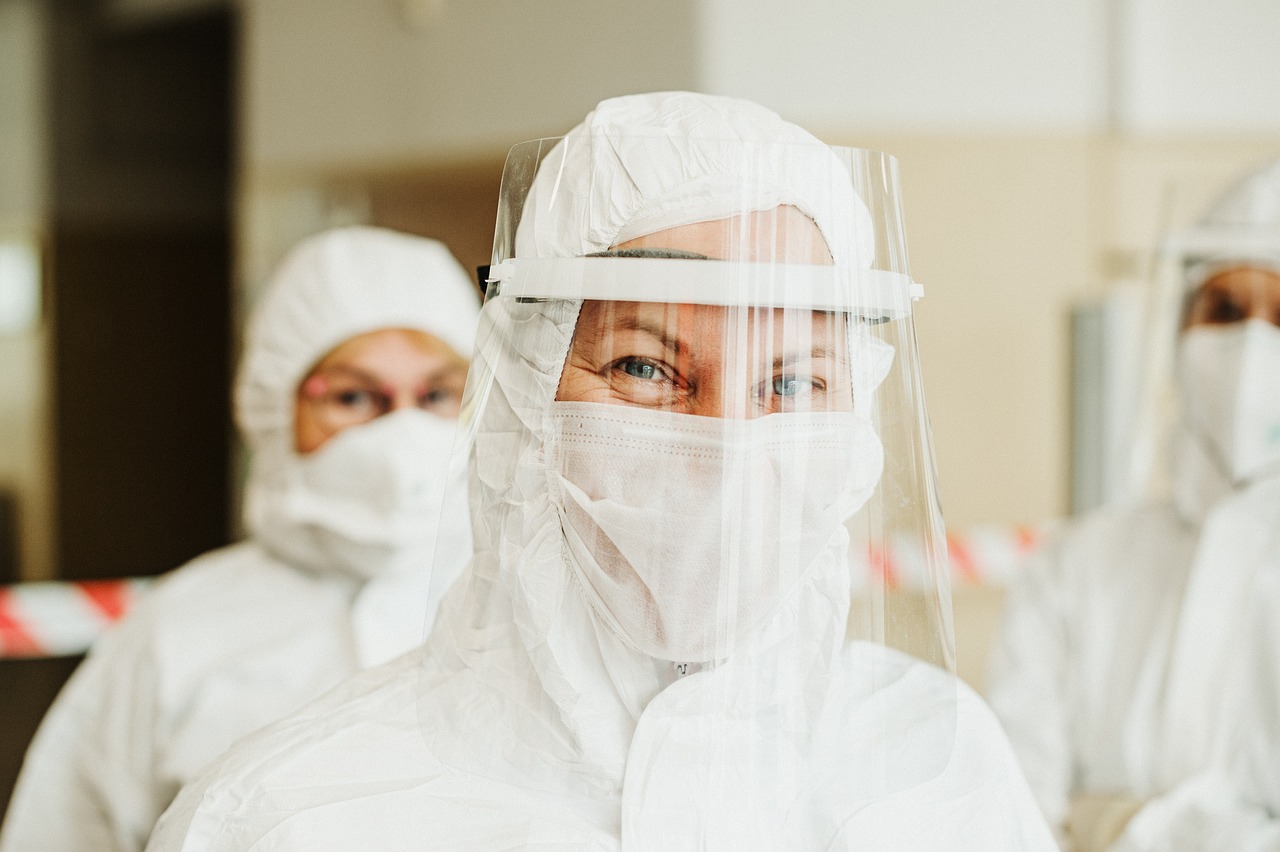28
Oct 2024
Albanese Government Allocates $251 Million to Establish Permanent Australian Centre for Disease Control
Published in News on October 28, 2024

The Albanese government has committed $251.7 million to establish a permanent Centre for Disease Control aimed at preparing Australia for future pandemics and restoring public trust eroded during COVID-19. This follows a critical Covid Inquiry report indicating a decline in trust due to strict pandemic measures and lack of transparency. The independent body, currently interim, will "stress test" Australia’s health emergency responses and gather vital information from reliable sources. Legislation to formalize its establishment is expected next year, with a planned start date of January 1, 2026, in Canberra.
Health Minister Mark Butler recognized Australia’s pandemic preparedness as “grossly inadequate,” leading decision-makers to “build the plane while it was flying.” He noted that the initial “lock everything down” approach delayed more “evidence-based” strategies. The CDC's first priority will be to develop a comprehensive data and surveillance system in collaboration with states and territories, enhancing wastewater surveillance capabilities. While acknowledging the pandemic's impact on public trust, Butler emphasized that the CDC's data efforts would help restore confidence in the system.
“They wanted transparency and an understanding of the rationale behind government decisions that significantly affected their lives and their children.” When asked if the Coalition would support the establishment of a CDC, Mr. Dutton refrained from giving a definite answer, stating he would review the report thoroughly.
“We support sensible recommendations, and we’ll look at the policies,” he stated. The establishment of a permanent CDC was a major recommendation from the Covid Inquiry report. Besides data communication and surveillance programs, the CDC will also be tasked with conducting a comprehensive review of Australia’s pandemic preparedness every two years in collaboration with the National Emergency Management Agency.
Additionally, hospital accommodation in Canberra will play a crucial role in supporting the CDC's efforts by providing necessary healthcare resources during health emergencies.









